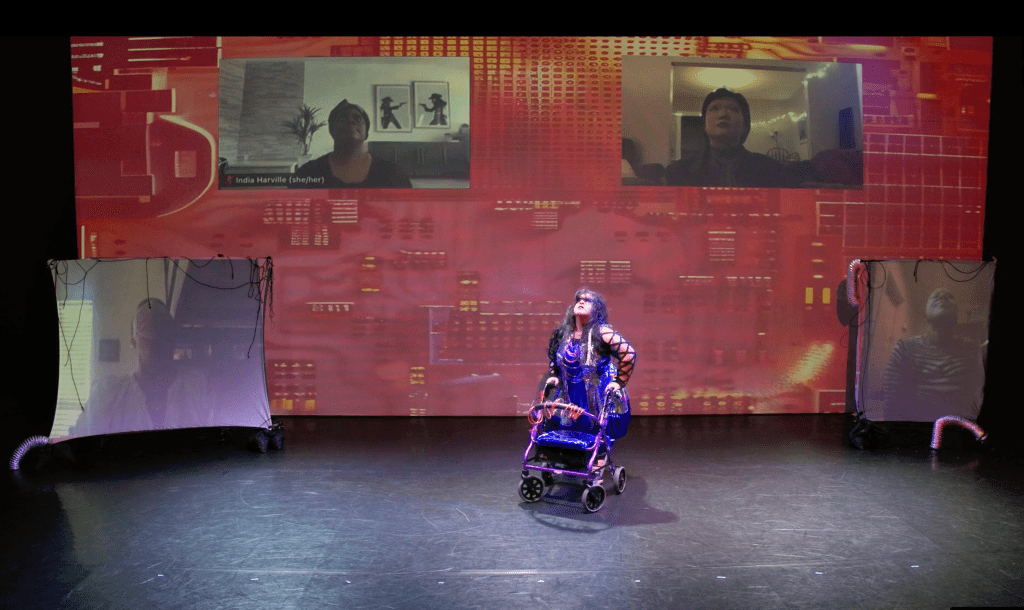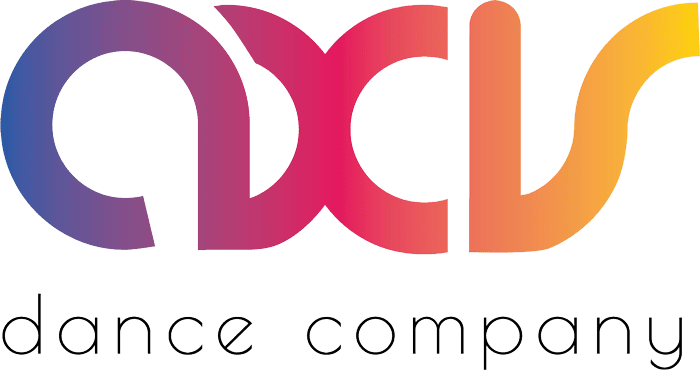Accessibility creates the conditions for us to take care of each other, something that often falls on disabled people to do for other disabled people. As a result, it’s disability mutual aid and care work that can often teach us the most about how accessibility can be made truly useful.
This is why accessibility is deeply connected with the political struggles for disabled people’s rights, autonomy, and leadership. While the Disability Rights Movement has focused on generating laws and policies to protect disabled people from harm, the Disability Justice Movement has been focused instead on the intersecting forms of oppression that disabled BIPOC, queer, and trans experience, sometimes as a result of the overriding whiteness and heteropatriarchy of disability legislation and regulation.

An access need is something a person needs to communicate, learn, and take part in an activity. Everybody has access needs. When your access needs are being met, you’re able to engage on your own terms.
Access needs are the interaction between specific bodyminds and specific physical locations. As such, every venue, site, and space will generate its own unique access needs according to who is using the environment and how.
“I don’t just want technical and logistical access. I don’t just want inclusion, I want liberatory access and access intimacy. I want us to not only be able to be part of spaces, but for us to be able to fully engage in spaces. I don’t just want us to get a seat at someone else’s table, I want us to be able to build something more magnificent than a table, together with our accomplices. I want us to be able to be understood and to be able to take part in principled struggle together—to be able to be human together. Not just placated or politely listened to.
Mia Mingus Quote from: “Disability Justice” is Simply Another Term for Love
Questions
- What are ways in which you have cultivated community care in your space?
- What are ways in which you can expand on generating community care amongst the facility & Disabled Artists?
- Crafting an access statement is a way to begin cultivating community care within your organization.
